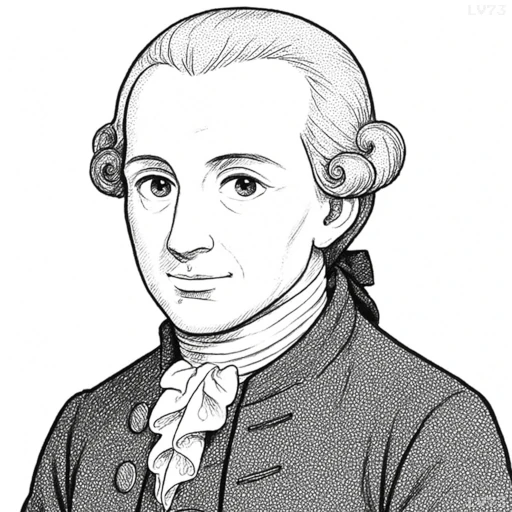“By a lie, a man… annihilates his dignity as a man.”

- April 22, 1724 – February 12, 1804
- Born in Germany (East Prussia)
- Philosopher
table of contents
Quote
“By a lie, a man… annihilates his dignity as a man.”
Explanation
In this quote, Immanuel Kant argues that lying is not just a violation of truth, but a moral offense that fundamentally undermines a person’s human dignity. For Kant, truth-telling is a moral duty because it respects the autonomy and rationality of others. When a person lies, they treat others as mere instruments to achieve their own ends, rather than as rational beings deserving of respect. By lying, a person not only deceives others, but also fails to uphold their own moral worth as a rational, autonomous agent. According to Kant, lying violates the categorical imperative, which states that we should act only according to principles that can be universally applied. If everyone lied, trust and communication would break down, making a society based on mutual respect impossible.
In modern life, this idea resonates with contemporary discussions about honesty, trust, and integrity in both personal and professional relationships. Whether in politics, business, or personal relationships, lying can have devastating effects on trust and the moral standing of the individual. For instance, a political leader who lies to the public not only deceives but also undermines the trust that is essential for a functioning society. Kant’s view invites reflection on the moral consequences of dishonesty and the importance of maintaining one’s integrity in all interactions. In today’s world of social media and information manipulation, the ethical implications of lying are especially relevant, as misinformation can distort reality and erode public trust.
Historically, Kant’s view on lying reflects his deontological approach to ethics, where moral duties are absolute and not contingent on the outcomes of actions. Unlike utilitarianism, which focuses on the consequences of actions, Kant’s ethics holds that the moral law must be followed regardless of the results. This position was especially significant during the Enlightenment, when the focus was on rationality and individual autonomy. Kant’s view has influenced modern legal systems, business ethics, and human rights, where the emphasis on truth and transparency is seen as essential for maintaining justice, trust, and social harmony. Today, his view continues to inspire ethical discussions about the consequences of dishonesty and the moral importance of integrity.
Would you like to share your impressions or related stories about this quote in the comments section?
